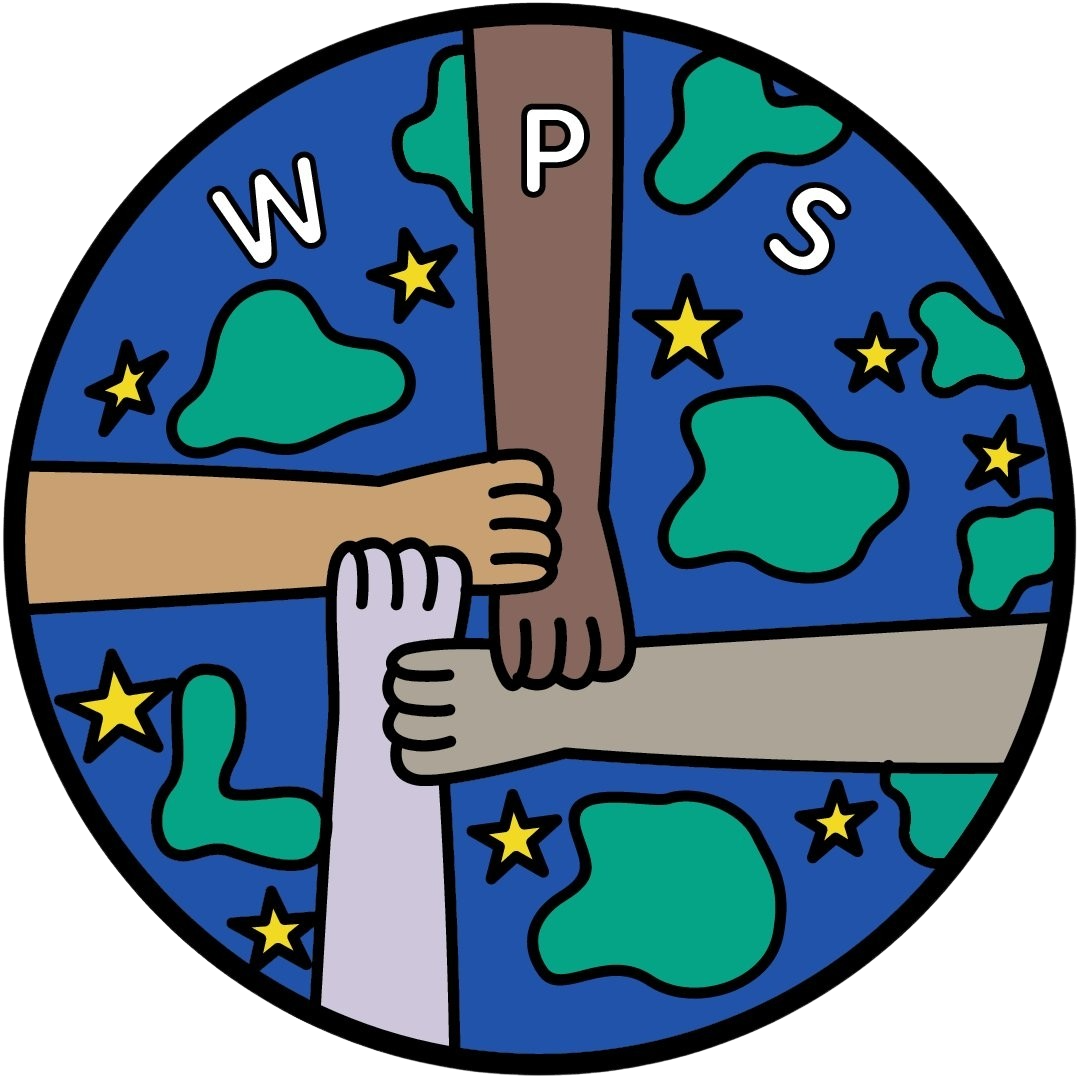
WORDSWORTH PRIMARY SCHOOL
EAL
EAL stands for 'English as an additional language'. It is often used to describe pupils whose first language is not English. An EAL pupil is someone who is either British born, but has grown up speaking another language at home, or has come to the UK from another country and doesn't speak English as a first language. First language (also referred to as home language or mother language) is the language to which the child was initially exposed during early development and continues to use in the home and community. Bilingualism refers to the ability to communicate in two languages.
Each morning, around 650 children smile at us when they come through the gates of Wordsworth Primary and Nursery School. Almost 50% of them speak a second language. We have 58 different languages spoken at Wordsworth. The most common languages in our school - after English - are: Polish, Farsi, Romanian, Arabic, and Hindi.
As a school, we are aware that bilingualism is a strength, and we encourage parents to continue using their first language with their children, as this is an important part of their identity. Studies have shown that the better their first language is, the better their English will be. In school, we offer appropriate and personalised support for our EAL children to help them access the school curriculum. We monitor their progress and praise their achievements. When new children join our school, our specialist HLTA for EAL works closely with the class teacher to ensure the children have a smooth transition and, if they are new to English, she supports them with the acquisition of the English language with regular interventions. Our EAL provision consists of quality first teaching (inclusive strategies for all children), and short term and long term specialist interventions.
EAL Support Strategies at Wordsworth:
- One to one support interventions – Sessions in place for newly arrived students who may have had little or no exposure to the English language and culture, with interactive and fun activities to help pupils improve their communication skills, boost confidence, develop a sense of belonging, create a safe space, reduce stress levels within the language barrier and learn English.
- Buddy system – we choose 1-3 EAL children in the class or year group who will support our new arrivals in class, at break time and lunchtime.
- Monitoring – our HLTA EAL checks in with the new arrivals on the first and the following few days and is available for support.
- Racing to English – a programme designed for EAL learners; it encourages focused language work and promotes pair/group interaction.
- Dictionaries – new children who don’t speak English have access to dictionaries in their first language.
- Intervention groups – activities to help children who have been in the UK for less than three years improve their English language in writing, reading, speaking and listening, boost confidence, support academic attainment.
- Collaborative group work, concrete objects in Maths, pre-teaching vocabulary, drama and role play, visual resources (pictures, writing frames, substitution tables, mind maps etc.).
Language of the Week at Wordsworth:
At Wordsworth, we embrace and celebrate the diversity of our children and staff. Every week, we have an activity called 'Language of the Week', which offers the children the possibility to ‘taste’ a new language. Children learn a few things about the new language and the countries where it is spoken, about traditional dishes and music, famous places to visit, inventions, and they learn how to say Hello and Goodbye in that language. This empowers our children to keep speaking their first language, feel proud of their heritage, and it builds a sense of inclusiveness and belonging.
How you can support your child at home:
- Read to your child in your first language as this helps develop their language skills, which are transferrable to the English language, and it helps keep in touch with their heritage and community.
- Ask open questions about the book you are reading (who, what, which, where, when, why, how, whose, What will happen next? Which is your favourite character? Etc)
- Teach your child songs and nursery rhymes in your first language.
- Register with the local library to have access to dual language books.
- Spend time with your child: cooking, playing, exploring, watching movies and singing songs in your first language will help your child’s social language skills.
- Read the school newsletter and discuss the new topics to be studied in your first language, so the child has some knowledge and can access the learning more easily in class.
How you can support your child with homework:
- Read the task in English, translate it and talk about the new vocabulary, instructions and the steps needed in your first language.
- Ask the child to do their homework in English.
- Switching between the two languages stimulates the child’s brain and helps build other skills – prioritising, memory, problem-solving, switching between tasks, ignoring background noise, showing empathy and tolerance. Etc
Useful websites for learning English:
Home | LearnEnglish Kids (britishcouncil.org)
BBC Learning English - BBC Learning English - Homepage
Online ESL Games (gamestolearnenglish.com)
British Council LearnEnglish Teens | Free resources for teens to help improve your English
Free ESL Worksheets, English Teaching Materials, ESL Lesson Plans (esl-galaxy.com)
ESOL Courses - Free English Lessons Online
Activities Around Stories for EYFS and KS1 for Registered Users (collaborativelearning.org)
Activities for ESL/EFL Students (English Study) (a4esl.org)
EAL Programme - The Bell Foundation (bell-foundation.org.uk)